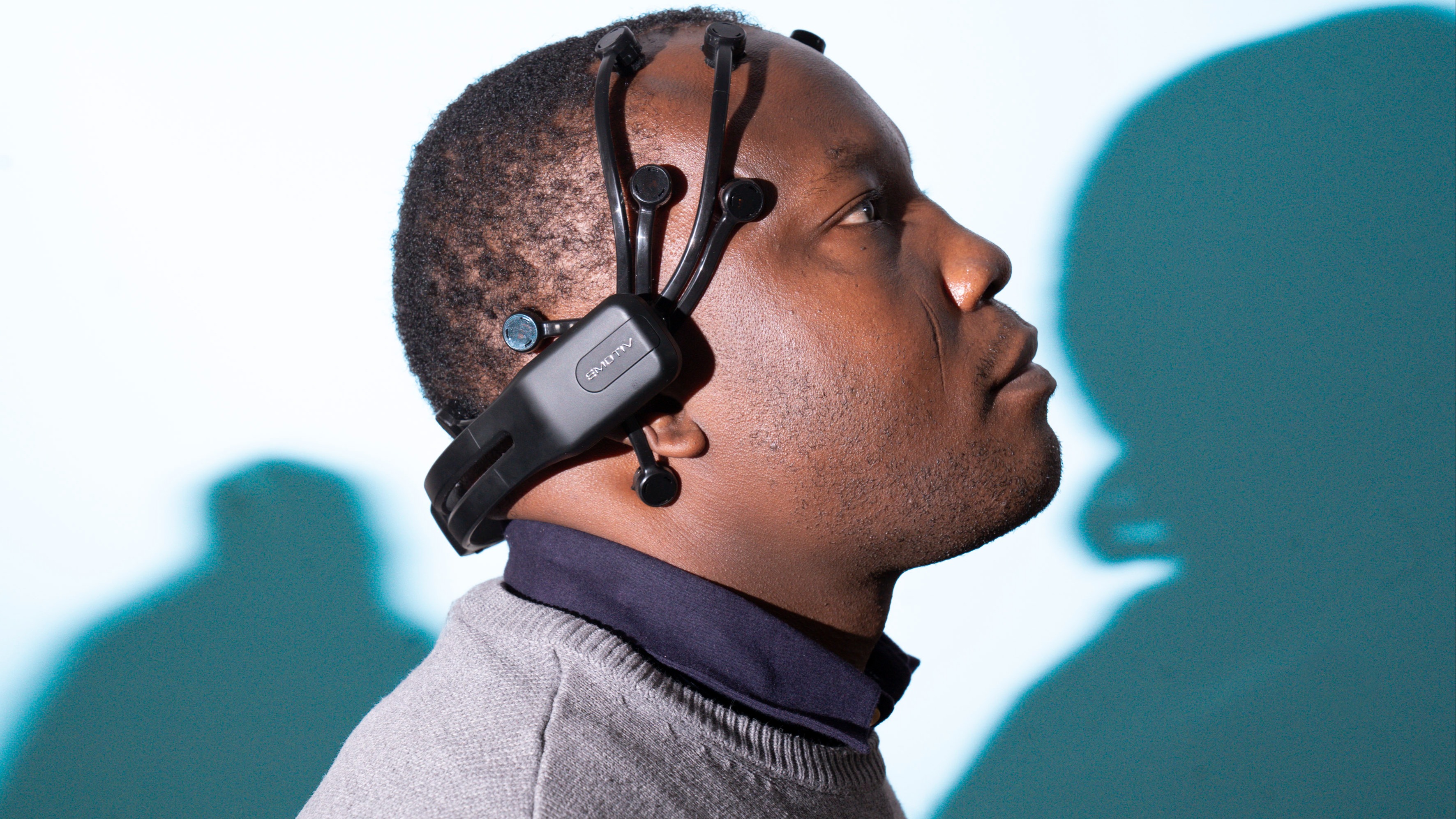Health boards could improve patient safety by actively listening to the experiences of patients and their families, a new study suggests.
The recommendation was set out as part of a joint piece of work between Healthcare Improve Scotland (HIS) and NHS Education for Scotland (NES).
Its findings were published in the British Medical Journal and are said to have been positively received by NHS boards in Scotland.
The study has led to new training being offered to NHS clinicians on compassionate communications following an adverse event.
In-depth qualitative interviews with those impacted by adverse events helped to inform the study.
And research found that for patients and their family, active engagement and listening can help with reconciliation following a traumatic event, as well as helping to restore their faith in the healthcare system.
The report set out the advantages to the health service of active listening and involvement, which it indicated would likely enhance learning.
Doing so could also help lead to improvements in healthcare and a reduction in the risk of similar events occurring for other patients, the study indicated.
Rosanna from Glasgow was affected by an adverse event.
She said the study highlights important aspects including patients being given an apology.
“I believe this study and its findings are crucial to truly understanding patients and families going through adverse events,” she said.
“Not only does the study capture exactly what needs to change, but it also highlights the elements that are most important to us: an apology and assurance that lessons will be learnt is all we really want.
“I feel really proud to have been part of this study and feel that my contribution, and those of others, will help shape the future of others undergoing this process.”
Donna Maclean, head of service at Healthcare Improvement Scotland, said the study emphasises the importance of a “consistent and meaningful” approach to patient engagement.
“We are pleased that NHS boards across Scotland are welcoming the findings of this study,” she said.
“Lots of good work is already underway to ensure that adverse events are appropriately reviewed and learned from.
“This study emphasises the importance of a consistent and meaningful approach to engaging with patients and families, placing them at the centre of the review process.
“We will continue working with NHS boards and NES to achieve a standardised approach and will be delivering national guidance and templates for engaging with patients and families.
“While the compassionate communications training has seen an unprecedented uptake across NHS boards in Scotland, with the first two cohorts currently underway and evaluation taking place also.”
Follow STV News on WhatsApp
Scan the QR code on your mobile device for all the latest news from around the country


 iStock
iStock

























